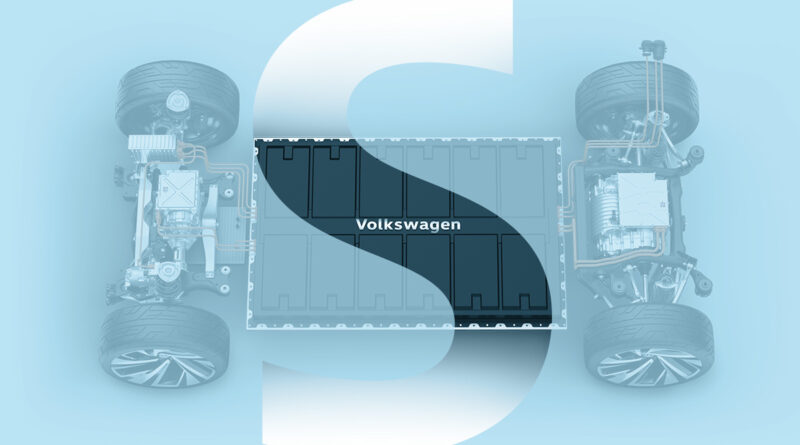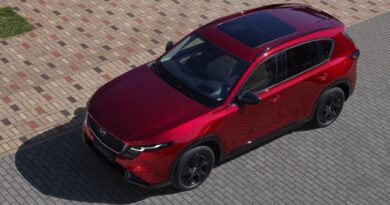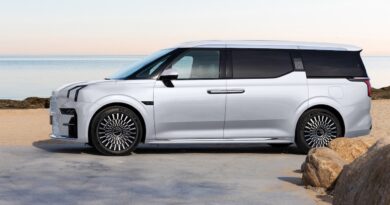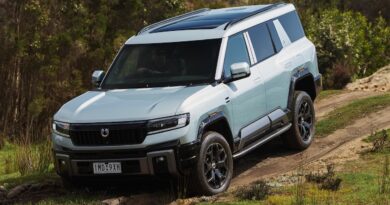After more than 1000 charges Volkswagen’s solid-state electric car battery cells retained 95 percent of the original capacity
Volkswagen has announced that laboratory testing of its next-generation solid-state batteries has revealed that they will be capable of providing energy for more than 500,000km of driving without any loss of range.
According to Volkswagen’s US battery partner QuantumScape the new solid-state batteries withstood more than 1000 charging cycles at the VW-owned PowerCo laboratories in Salzgitter in Germany and still managed to retain a remarkable 95 per cent of its original capacity – a feat no current battery technology would achieve.
EXPLAINER: What is a solid state battery?
EV FAQ: All your electric car questions answered
READ MORE: Will my battery go flat if I leave my EV parked for too long?
READ MORE: Do EV batteries wear out?
Current standardised procedures require new batteries to withstand up to 700 charging cycles and require them to lose no more than 20 per cent of their total capacity before being approved for sale.
Undergoing the test was a solid-state battery consisting of 24 layers that ensured that the battery had a far higher energy density compared to a regular lithium-ion battery, meaning they take up less space and are much lighter than existing batteries.
Without a liquid electrolyte on board there’s claimed to be a far lower risk of fire, enabling the cells to tolerate much higher temperatures associated with ultra-fast charging.
Replacing the electrolyte and separator, solid state cells use a separator made of ceramic, glass or polymer composites.
The QuantumScape battery gets a ceramic separator that is thought to be the secret ingredient to its high-performance.
As well as being robust, the QuantumScape solid-state cells also met all the requirements for fast-charging and safety suggesting the prototype batteries can’t be a million miles away from being launched.
According to Volkswagen, the next step will be to perfect, and scale-up, the manufacturing process while addressing known drawbacks that include delivering poor performance in low temperatures.
No timeframe has been given for the solid-state cells introduction but it’s thought commercialised solid-state batteries for EVs won’t arrive until around 2027.
“These are very encouraging results,” said PowerCo CEO Frank Blome. “The final result of this development could be a battery cell that enables long ranges, can be charged super-quickly and practically does not age.”




